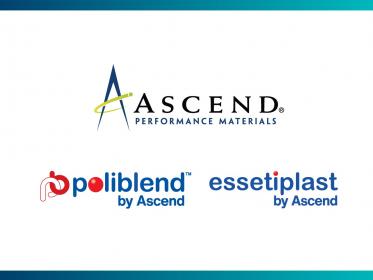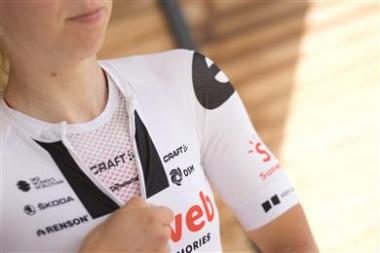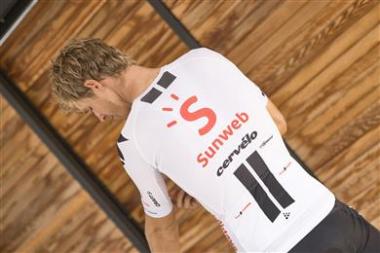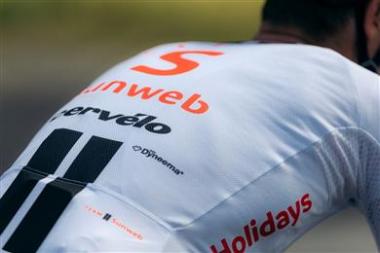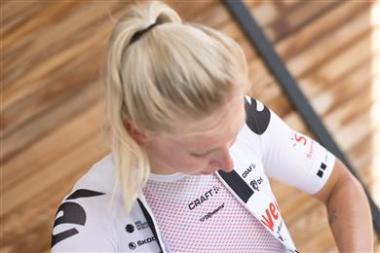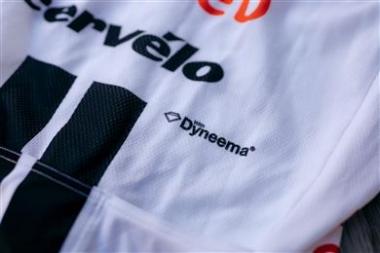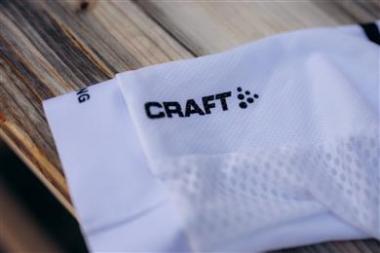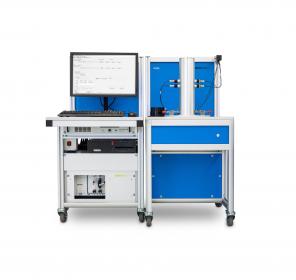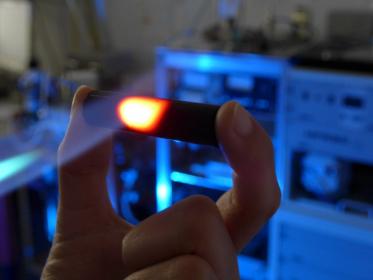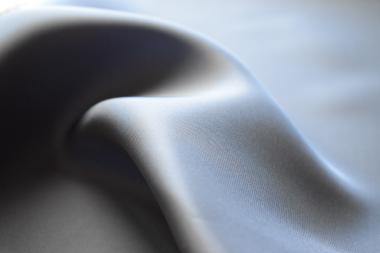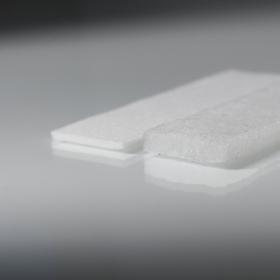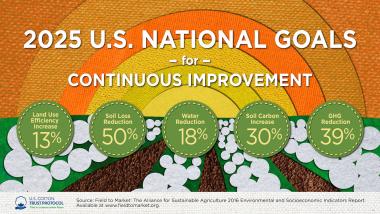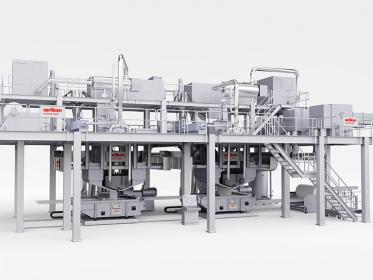Ascend schließt Kauf von Poliblend und Esseti Plast ab
Im Zuge seiner globalen Wachstumsstrategie hat Ascend Performance Materials nun die Akquisitionen der italienischen Firmen Poliblend und Esseti Plast abgeschlossen. Mit diesen strategischen Zukäufen erweitert Ascend sein Portfolio um weitere technische Kunststoffe, Rezyklate und Masterbatches.
„Poliblend und Esseti Plast ergänzen unser derzeitiges Angebot auf hervorragende Weise“, sagte John Saunders, Vizepräsident Europa bei Ascend. „Unsere Erfahrung und Stärke als voll integrierter Großhersteller von Polyamid 66 wird nun durch weitere PA66 Materialien, PA6, POM, Rezyklaten und dem umfangreichen Masterbatch-Portfolio von Esseti Plast erweitert. Dies ermöglicht unseren Kunden, aus einem breiteren Angebot an leistungsstarken Qualitätsmaterialien auf globaler Ebene zu wählen.“
Hiermit etabliert sich Ascend nun mit einer zweiten Produktionsstätte in Europa. Zu dieser Vereinbarung gehört ebenso Poliblend Deutschland, eine Vertriebsorganisation in Deutschland.
Die Akquisitionen wurden bereits im Februar 2020 bekannt gegeben, jedoch aufgrund der sich in Italien und anschließend in den Vereinigten Staaten verbreitenden COVID-19-Fälle verzögert.
EMG


